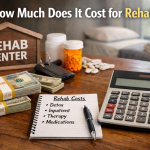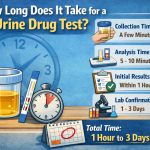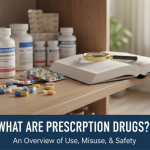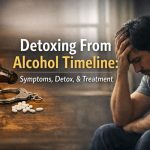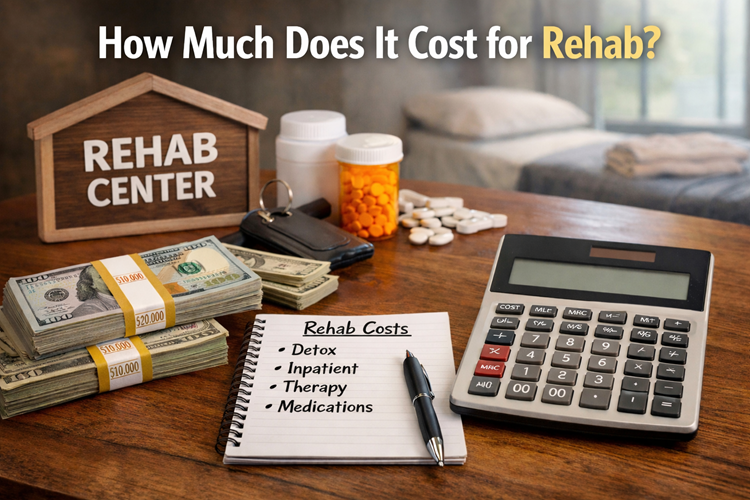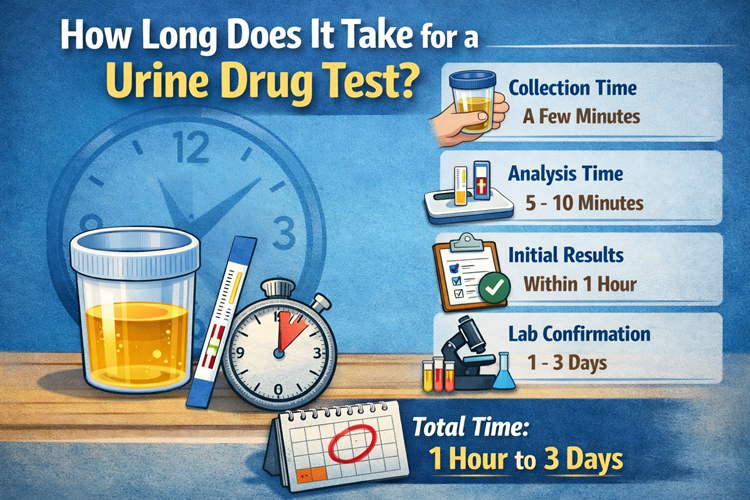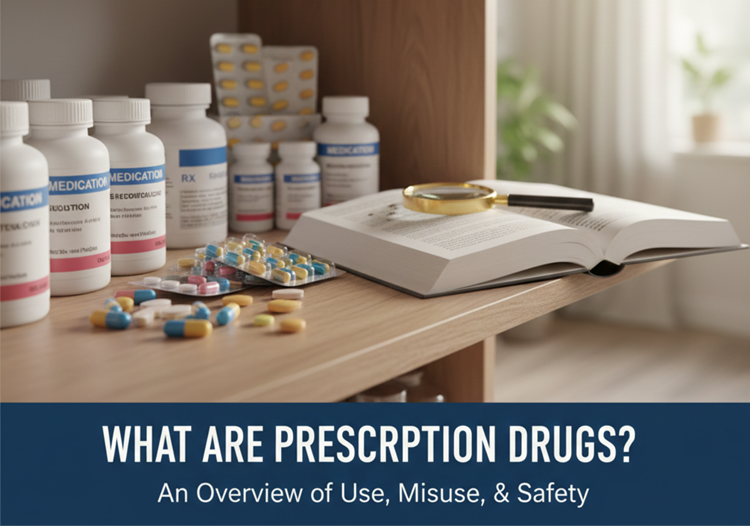Overview:
Initial actions towards improved mental health may seem so overwhelming yet you are not alone. The purpose of self help programs is to provide people and families with the strength to be in charge of their well being and to provide realistic strategies and support systems to complement professional treatment. With personal growth tools at work to organized group programs, the tools are capable of assisting individuals in overcoming the challenges, strength and long-term recovery.
Here in this blog we will learn more of what self-help programs is and some of the examples of it and the implementation of it with professional mental health treatment.
What are Self-help Programs?
A set of tool, activities or strategies is a self-help program organized in such a manner that individuals can utilize it to enhance their mental, emotional or behavioral health. In contrast to the more traditional therapy when mental health therapist leads the process, the self-help strategies emphasize personal responsibility and peer guided support.
Self-help programs can comprise:
- Mental health problems (such as anxiety, depression or stress)
- Addiction recovery (e.g. alcohol/substance use support groups)
- Family support (programmes, which target family members of individuals with mental health or substance use challenges)
- Personal (such as gain confidence, resilience or coping skills) development.
Such programs can be personal programs (self-directed books, applications, or workbooks) or program-based (assistance meetings, group gatherings, or web forums).
Why are Self-help Programs Important?
Mental wellness incorporates self-help programs due to a number of reasons:
- Accessibility – These are in most cases free or low and therefore become accessible to more individuals.
- Empowerment – They empower individuals to empower themselves in the healing and development.
- Community Support – The relationship is encouraged with the support of numerous programs that contribute to the reduction of isolation and stigma.
- Complementary Care – They can in conjunction with a professional mental health treatment work and provide advice between sessions of treatment.
Self-help strategies are capable of becoming a potent foundation of long-term mental health recovery when they are supported by a professional.
100% Confidential Support is Available 24/7
No matter what you’re going through, you’re not alone. Our dedicated team is here to provide a safe, judgment-free space where you can talk openly and honestly. Whether you need emotional support, resources, or just someone to listen.
We’re here for you—completely confidential and always respectful of your privacy. Call us today!
Examples of Self-help Programs
To understand these resources better, the following are just some of the effective self-help programs:
1. 12-Step Programs
The most widely known of the self-help programs are the 12-step programs, the Alcoholics Anonymous (AA) program and the Narcotics Anonymous (NA) program, the programs that help an individual in the journey to conquering addiction by associating with fellow personalities. The members attend the meetings, experience and undergo the processes that are aimed at accountability, acceptance and growth.
2. Family Self-help Programs
With families that have experienced the mental health or substance abuse problem of a loved one programs like Al-Anon or Families Anonymous offer education, coping skills and a safe place to talk. The family self-help program would reduce stress and assist in changing the family dynamics where the loved ones would assist each other in a manner that would foster self-help.
3. Cognitive Behavioral Therapy (CBT)-Based Self-help Tools
There are numerous evidence-based self-help books, web sites and phone applications available that are informed by evidence-based therapies including CBT. These are such as the tools, such as negative thought patterns awareness – to discover negative thought patterns, alternative, healthier coping behaviors and progress monitoring.
4. Mental Health Support Groups
The support groups provided to illnesses like depression, anxiety, bipolar disorder or grief are assisted by other members of the community where they feel secure to share with other members who can understand their lifestyles. Such programs rely on the practice and knowledge of each other and being identified with their emotions.
5. Wellness and Lifestyle Programs
The holistic wellness (mindfulness, meditation, journaling, or fitness) remains one of the most effective models of the self-help programs. These are the approaches that support mental and physical well being on the whole.
Contact Solutions Healthcare
Battling with Drug and Alcohol Addition? Remember, you are not alone and we are here to help you!
Self-help Programs vs. Professional Treatment
Though self-help programs may be life changing, they are not meant to substitute professional mental health treatment. The services of a licensed mental health therapist can include:
- Customized treatment plans
- Evidence based therapy (CBT, DBT, EMDR, etc.)
- Clinical reviews and observations.
- Direction on complicated cases.
Self-help programs, in their turn, provide support on a daily basis, peer encouragement, and practical tools. A combination of both is the best way to go. An example is that an individual might see a therapist every week, and even attend a self-help support group to enlist further encouragement.
Benefits of Combining Self-help and Mental Health Treatment
- Accelerated Development – Everyday applies what has been learned at a therapeutic session.
- Higher Accountability- Support groups contribute towards heightening accountability and dedication.
- Less Isolation- Community connections make the recovery process not appear very isolated.
- Long-Term Wellness – Continuous self-help material in order to be stable even after the formal treatment.

Taking the First Step Toward Healing
When dealing with mental illness or substance use where you or a loved one are under professional care, your professional care combined with the best self-help programs can provide you with the support as well as the structure needed to recover in the long term.
We do not only offer individual therapy services at Solutions Healthcare with our qualified mental health therapists, but we also assist our customers to find convenient self-help materials. We are resolute to give a full road to healing-a road that encompasses not only the expert therapy but also the enriching self-help methods.
Get on the road to proper mental health and lifetime recovery when you call Solutions Healthcare now at (386) 866-3600.
100% Confidential Support is Available 24/7
No matter what you’re going through, you’re not alone. Our dedicated team is here to provide a safe, judgment-free space where you can talk openly and honestly. Whether you need emotional support, resources, or just someone to listen.
We’re here for you—completely confidential and always respectful of your privacy. Call us today!
FAQs about Self-help Programs
1. What is an example of a self-help program?
One of the classic cases is the 12 step program of Alcoholics Anonymous that assists individuals to regain their lives in alcohol use disorder.
2. What are some examples of self-help?
They can involve support groups, self help CBT booklets, mindfulness apps, journaling and family self help groups such as Al-Anon.
3. What is self-help treatment?
Self-help treatment refers to a broad concept that may also be termed structured programs or plans adopted by an individual or a group of people in an attempt to make them better their mental condition, usually accompanied by therapy given by a mental health professional.
4. What is an example of a self-help group?
An example of self-help group is a department of depression support group where one can share the experience and coping skills.
5. What is an example of a self-help support group?
Narcotics Anonymous (NA) is a support group of recovery drug addicts where people gather together on a regular basis and counsel one another.







